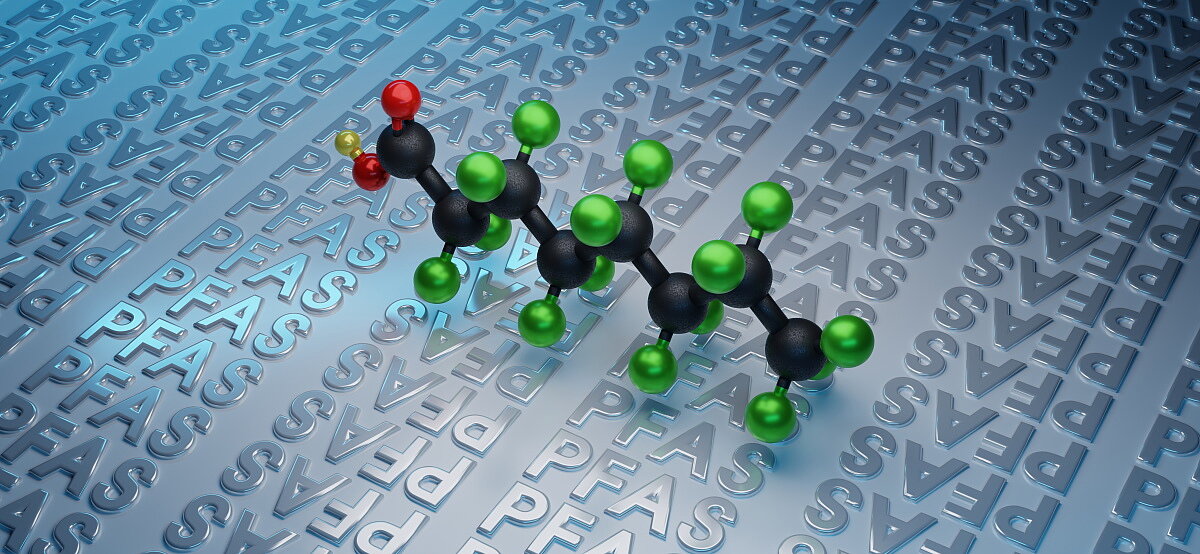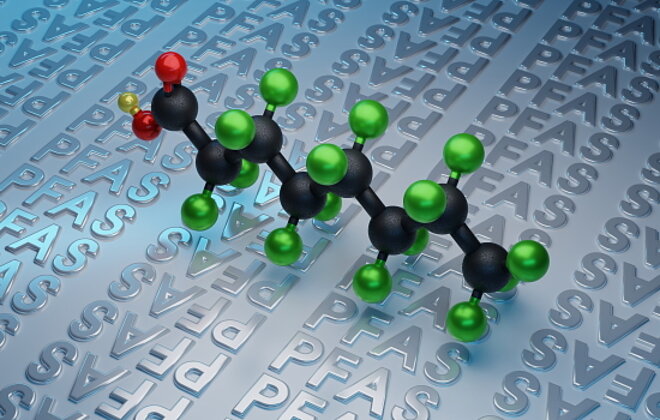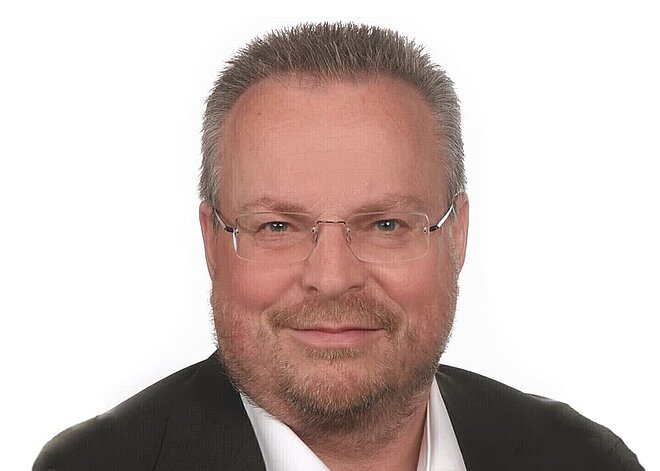Simulation as an answer to the lack of alternatives

With the planned ban on Teflon from 2025, the EU could be doing a disservice to the European economy. This is because Teflon, or PFAS, is used in numerous products, including medicine, e-mobility, semiconductors, cooling systems and much more. Alternatives are not in sight. Merkle CAE Solutions, engineering office for simulation calculations, offers supporting simulations for the development of new materials.
The European Chemicals Agency's (ECHA) proposal is about banning and severely restricting more than 12,000 substances known by the acronym PFAS (per- and polyfluorinated alkyl compounds). Popularly known as "Teflon," these substances are used in just about every functional product today. From water-repellent functional clothing, to corrosion-resistant industrial equipment.
The issue is particularly thorny for e-mobility. Lithium-ion batteries rely on fluorinated materials. Fluorinated surfaces are also an essential part of the process chain for green hydrogen. However, the implementation of the ban would have a particularly bitter impact on medical technology. To date, no alternatives have been found for many applications in this field.
"We need entrepreneurial and inventive spirit to overcome the upcoming barriers," said Stefan Merkle, managing partner of Merkle CAE Solutions.
ECHA is the only global body considering such comprehensive PFAS restrictions. To be sure, the proposal is still under discussion at ECHA. But the publication of the proposal alone shows that ECHA is serious about it.
"Motivation and inventiveness are fostered less by no-alternative restrictions and bans than by incentives to develop new products. Unfortunately, such behavior is part of the political zeitgeist. Nevertheless, we must remember our innovative strength. Simulation technologies do not replace chemical processes or products that have not yet been invented. However, development times can be drastically reduced, as we can digitally reproduce possible scenarios of substances, components or entire products in a realistic manner. With the help of well-founded simulations, we can greatly accelerate the development of new substances if necessary, which would be a lifesaver for the German and European economy."
Simulation technologies have long been used successfully in the automotive and aerospace industries, but also for the development of end products. In research and development, this digital method offers enormous time and cost advantages.
"Instead of a prohibition mentality, funds would rather be needed for research, which is not even debated on the part of politics; for the development of new substances but alternatively also for the recycling of PFES," says Stefan Merkle.

